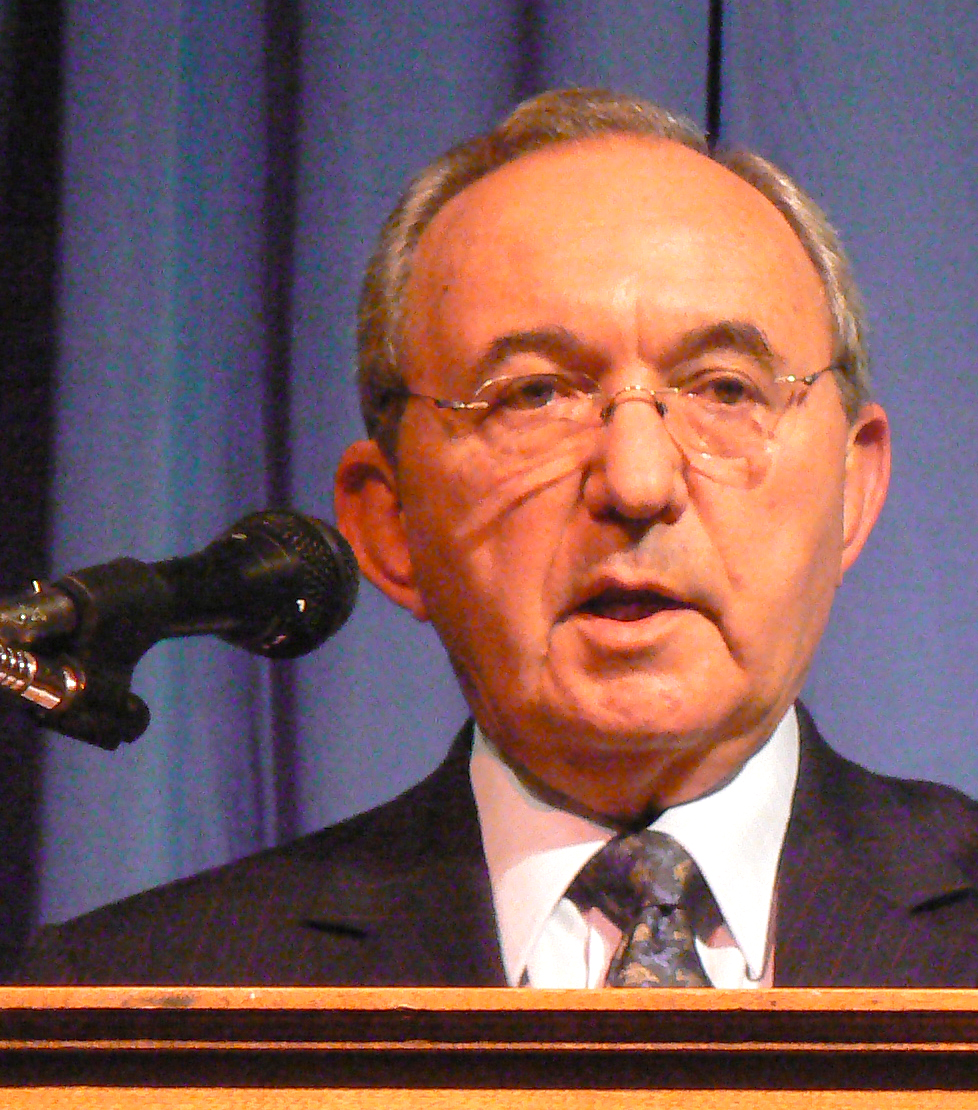Revising the Goldstone Report
The charge that Goldstone is somehow anti-Israel is patent nonsense. He is just naive.
 Richard Goldstone's mea culpa in the Washington Post has many conservatives chortling. The Wall Street Journal announces, "As our friends at the New York Sun note, Mr. Goldstone should now have the decency to retire from public life."
Richard Goldstone's mea culpa in the Washington Post has many conservatives chortling. The Wall Street Journal announces, "As our friends at the New York Sun note, Mr. Goldstone should now have the decency to retire from public life."
The controversy surrounds Goldstone's report for the United Nations Human Right's Council on "Operation Lead Cast," the Israeli military operation against Hamas in 2008-09. As usually happens with Israeli military operations, the critics piled on Israel. Goldstone's report alleged a "deliberately disproportionate" response by the Israelis to "humiliate and terrorize" a civilian population. It also called for the prosecution of Israeli soldiers.
The response was swift. Some Israeli advocates declared that Goldstone was engaging in traitorous conduct. More reasoned assessments took issue with his conclusions. Having met Goldstone in Washington, I have to say he cuts an impressive figure. The charge that he is somehow anti-Israel is patent nonsense. Instead, his conclusions were motivated by a belief in international law.
He makes two points that are getting missed in the discussion, if that's the appropriate term, of his Post piece. First, he reiterates that Israel did not cooperate with his inquiry, which hampered his ability to reach the correct conclusions:
Israel’s lack of cooperation with our investigation meant that we were not able to corroborate how many Gazans killed were civilians and how many were combatants. The Israeli military’s numbers have turned out to be similar to those recently furnished by Hamas (although Hamas may have reason to inflate the number of its combatants).
Goldstone also makes it clear that he remains an ardent proponent of international law:
I continue to believe in the cause of establishing and applying international law to protracted and deadly conflicts. Our report has led to numerous “lessons learned” and policy changes, including the adoption of new Israel Defense Forces procedures for protecting civilians in cases of urban warfare and limiting the use of white phosphorus in civilian areas.
My view is that Goldstone was naive. He reposed so much faith in international law—supposedly a neutral and impartial instrument for regulating and assessing conflicts—that he failed to consider the political context. One side is a democratic state. The other side is a terrorist organization. The likelihood that Israel would deliberately perpetrate civilian casualties, in a fit of rage, is improbable. And disproportionate force? That is largely in the eye of the beholder.
Is Goldstone's report cause for shame? No. If anything, Goldstone is demonstrating that he has the decency and honesty to fess up to the errors contained in his report. It would indeed have been in Israel's interest to cooperate with him originally, which might well have avoided the ensuing brouhaha that resulted from Goldstone's flawed report. Goldstone may be guilty of naivete, but nothing worse.
Nor does Goldstone's recantation really have much practical influence on the standoff between the Israelis and the Palestinians. It looks increasingly as though the Palestinians are going to abandon any peace process and simply declare their own state. Meanwhile, the Israelis are stuck with occupying the West Bank and a growing Arab population inside Israel's own borders. The Goldstone report is merely a distraction from the larger issues of peace and war between Israelis and Palestinians. Goldstone's U-turn offers scant cause for comfort.
